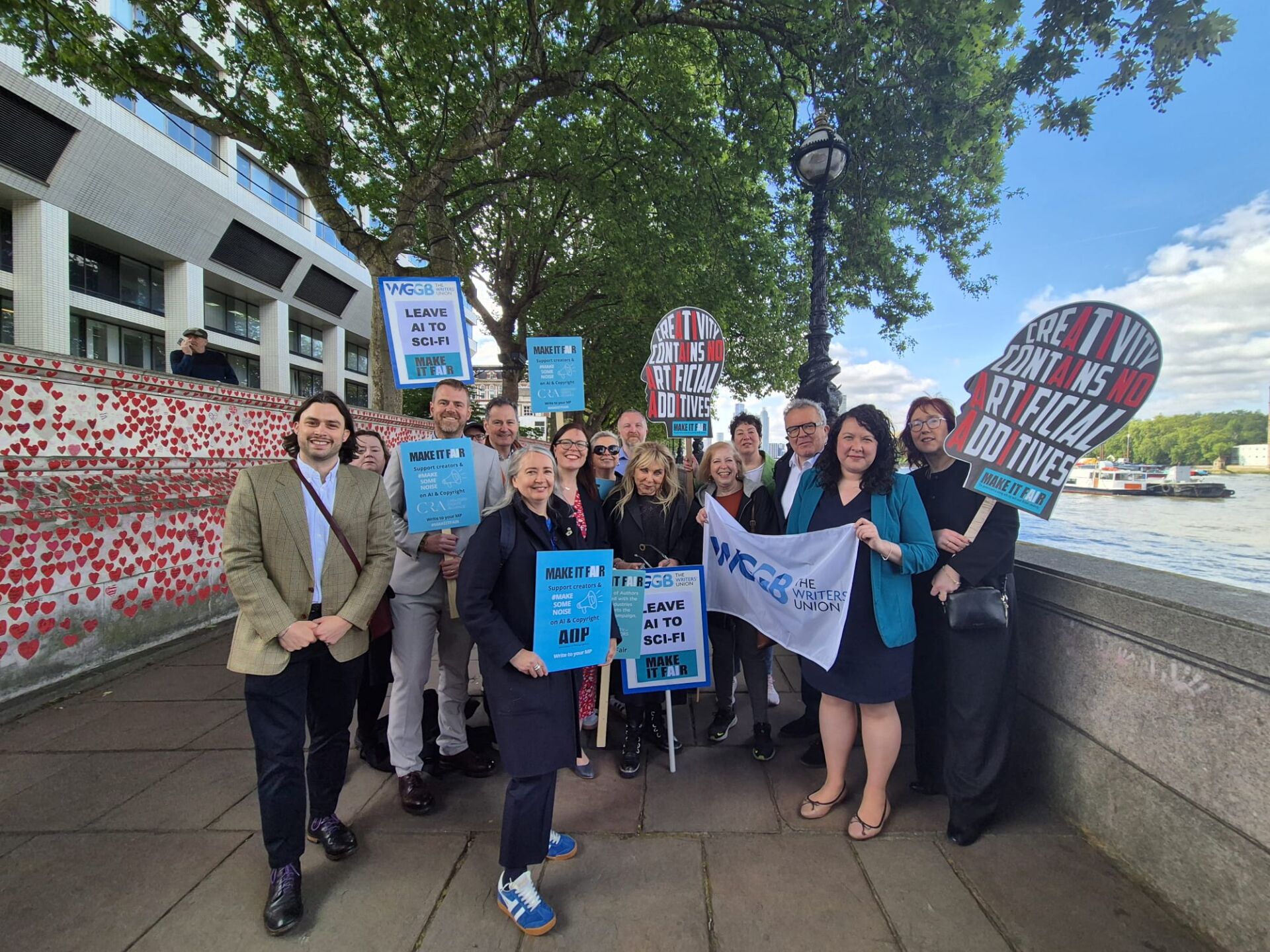The success of the UK’s creative industries is underpinned by our gold-standard copyright framework, ensuring that creators and their publishers can derive revenue from their work.
There are many countries across the world that do not have the same high copyright standards as the UK. The Society of Authors is concerned that current standards could be watered down as part of future trade negotiations. Such a move would be highly detrimental to the success of our publishing and wider creative industries.
In our response to the Government’s consultations, we have highlighted the following areas of concern:
- Free trade agreements must expressly refer to the international copyright treaties, in particular the Berne Convention, the Rome Convention, TRIPS and the WIPO Internet treaties.
- We are opposed to the introduction of a US-style fair use exception, which is uncertain in scope, costly and complex, to the detriment of all business in the creative value chain.
- We oppose the abandonment of measures that seek to address the ‘value gap’ in the context of safe harbours for internet intermediaries, such as those contained in the EU’s Copyright Directive.
- The current term of protection for copyright works and performances – not less than the life of the author plus 70 years after death – must be retained.
- Free trade agreements must not result in the sort of copyright exceptions for educational use that have been introduced in Canada. This would be disastrous for educational writers in the UK, as they would be unable to adequately protect their copyright and derive revenue from the use of their work.
- It is vital that our capacity to enforce copyright protection is not weakened as part of a free trade agreement. In the UK, the Small Claims Track in the Intellectual Property Enterprise Court enables authors and other rights-holders to pursue cases regarding copyright infringement at low cost. Such a system does not exist in the US, New Zealand or Australia, and therefore UK authors would not be able to pursue a case in those other jurisdictions.
The Government is carrying out four separate consultations, covering potential agreements with the US, Australia, New Zealand, and seeking accession to the Comprehensive and Progressive Agreement for Trans-Pacific Partnership (CPTPP). We have responded individually to each of these consultations, and combined them into a single response (a PDF is available for download, below).
Nicola Solomon, Chief Executive of the Society of Authors, said:
We welcome moves to reduce barriers to trade, and to open up new markets for our world-famous publishing and wider creative industries. But this must not come at the expense of the UK’s gold-standard copyright framework.
The Government is aiming to strike trade deals with countries whose copyright regime is not up to the same high standard as our own. Under no circumstances should the Government use the UK’s copyright protections as a bargaining chip during negotiations, or consider watering them down to meet the inferior standards of our trading partners.
Such a move would be highly detrimental to authors, publishers and the wider cultural sector. Copyright is founded on the principle that authors own the right to their intellectual creations, enabling them to exploit and monetise their work. It underpins the success of our creative industries, and must be protected as part of all future trade deals.






